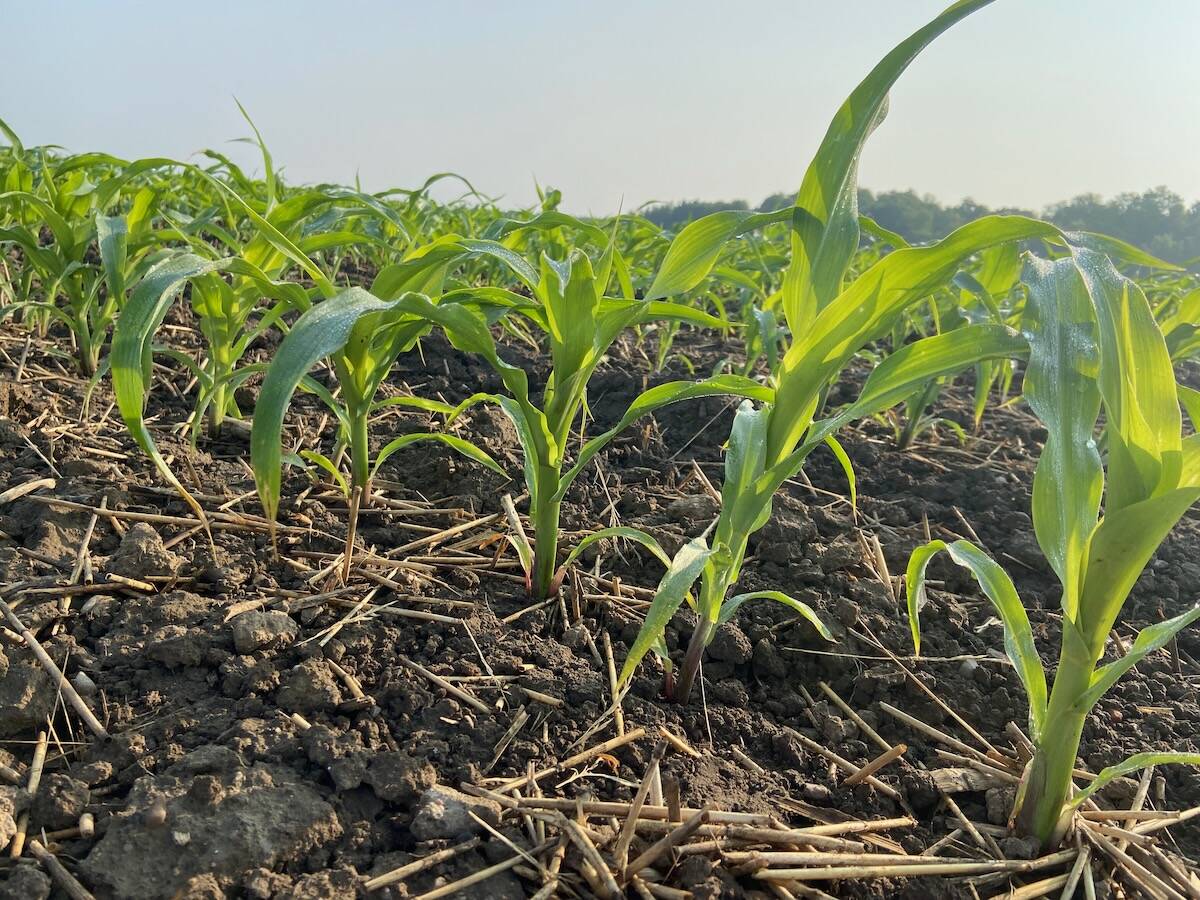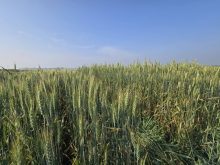Farmers in Canada, the world’s third-largest wheat exporter, are set to sow many of the millions of acres left fallow last year, even as volatile crop prices underscore a new economic reality for grain markets.
After a week in which disconnected political upheaval in Libya triggered the biggest price collapse in months, the chief executive of the Canadian Wheat Board has little doubt that investors have fundamentally altered the conventional wisdom that guides trade – making crop decisions harder than ever.
“This last week in particular we’ve seen speculators fly out of those markets to something they thought was safer or more productive for them to be in,” Ian White said in an exclusive interview last Friday with Reuters at his Winnipeg office.
Read Also

Can we trust the USDA crop data anymore?
Indications that farmers, analysts and traders have started to lose trust in data from the United States Department of Agriculture are hardly a surprise.
“That is a significant shift in these commodity markets that we’re seeing. To the extent that speculators are interested in normal supply-and-demand factors, I’m not sure. They’re very conscious of political events which might have nothing to do with the S&D of a particular commodity.”
White says that unrest in the Middle East and North Africa has injected even more volatility into futures prices, but hasn’t altered the fundamental flow of grain. Even top global buyer Egypt maintained imports through its turmoil.
“We really haven’t seen anything outside normal buying patterns,” said White, the former head of an Australian sugar-marketing company who took the wheat board helm in 2008, just as concerns about food shortages were driving prices to all-time highs.
JAPAN LOWERS STANDARDS
What has changed is that Japan, a top buyer of the highest- quality milling wheat has in recent weeks had to lower its standards due to a global tightness of premium supplies, White acknowledged.
Less than 40 per cent of the Western Canada wheat crop fell in the top two quality grades last year, compared to the norm of up to 70 per cent, and flooding caused further devastation to Australia’s high-quality grain.
The wheat board did not offer to fill a tender in January because it wasn’t confident Japan would accept wheat with a lower-than-usual protein level, important to how wheat performs in baking.
The board has since filled regular Japanese tenders and expects to satisfy its needs for the rest of the year, White said.
“They’ve cer tainly been prepared to take what we can deliver them as No. 1. We have lowered the protein spec with Japan, so they have been prepared to take a little lower than (the 13.5 per cent norm).
“The good thing is Canadian milling wheat is revered in Japan, so we have been able to come to terms with them on what we can deliver.”
UNREST DRIVING PRICE VOLATILITY
Extreme market reactions to the Middle East unrest swung wheat prices down seven per cent one day last week and up four per cent on another as investors bet on whether grains are becoming more risky or whether protests will spur additional buying to calm tensions about food.
Investors also drove oil prices to 2-1/2-year highs on concerns about fuel production, while metals slumped over fears about high energy prices shaking the global economic recovery – underscoring the dramatic impact that correlated fund activity can wreak on relatively smaller commodity markets.
None of that changed the fact that tight global grain supplies, including milling wheat and corn, will likely take more than one year to fix, White said.
Tight stocks of wheat used to make bread and a shortage of animal feed in Europe, due to crop problems in Russia, Canada and Australia, made markets hyper-sensitive in the first place, pushing the benchmark Chicago contract within sight of 2-1/2-year highs.
In Western Canada, where farmers nervously expect spring flooding due to saturated ground and heavy snowfall, weather conditions as much as price look to determine which crops will dominate planting season, White said.
“I think you’ll see farmers plant as much as they can of (wheat), bearing in mind that there is competition for acres,” he said, noting high canola prices in Canada.
“In Canada, the big issue for farmers is getting some weather conditions that are conducive to getting their crop in the ground. That is a fairly major concern right now.”
Nevertheless, the wheat board expects fewer unplanted acres this year in Western Canada than the roughly 10 million that farmers left fallow last year, mostly because of flooding.
———
“Thislastweekinparticularwe’veseenspeculatorsflyoutofthosemarketstosomethingtheythoughtwassaferormoreproductiveforthemtobein.”
– IAN WHITE














